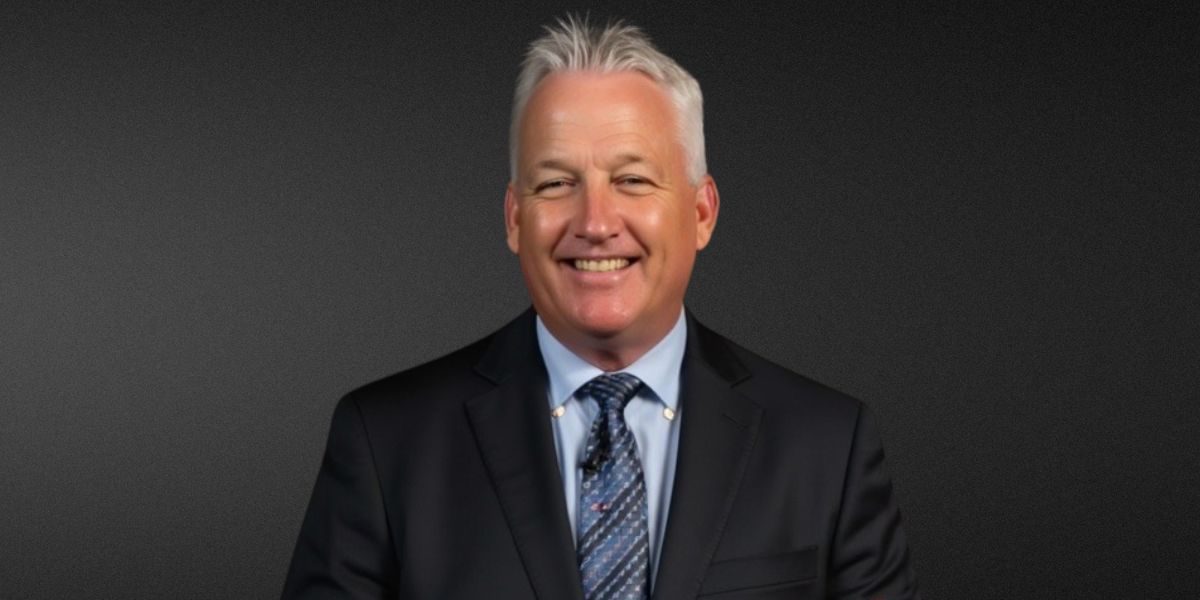Alcoholism and addiction are not just battles with substances, they often involve deeply internalized beliefs, emotional wounds, and spiritual disconnection. In The Big Delusion: Shattering the Delusions of Alcoholism and Addiction, Pastor Harold E. Long presents a faith-based, purpose-centered framework designed to support those navigating the challenges of addiction. Drawing from nearly four decades of ministry, personal recovery, and work within the corrections system, Harold offers a unique spiritual approach that resonates with individuals seeking healing beyond the physical aspects of addiction.
This book is not intended to replace medical or therapeutic treatment, but to offer a complementary perspective for individuals who find strength in faith and purpose. Harold’s insights are grounded in lived experience and spiritual conviction, especially for those who have struggled with addiction, denial, and a loss of direction.
At the heart of his work are what he refers to as the six core delusions of alcoholism and addiction. While these are not clinical terms or part of any formal diagnostic criteria, they reflect recurring mental and spiritual obstacles Harold has witnessed in his work:
- The Delusion of Inequality – The belief that “Who I am is not enough,” a damaging narrative that intensifies under the weight of addiction.
- The Delusion That I Am Not an Alcoholic or Addict – A mindset of denial that Harold believes delays healing by avoiding accountability.
- The Delusion of Victimization – The perception that one’s identity is merely a product of people, places, and painful experiences.
- The Delusion of Impossibility – The internal voice that insists change is unattainable and past mistakes define the future.
- The Delusion of Spiritual Disqualification – The belief that a person is cut off from God or unworthy of grace or redemption.
- The Delusion of No Real Purpose – The assumption that life will remain hollow, even after sobriety is achieved.
These spiritual “delusions,” as Harold defines them, are not meant as clinical diagnoses but as reflections of the thought patterns that keep many stuck in cycles of self-destruction. His message encourages readers to reflect, identify which beliefs may be holding them back, and take active steps toward change, with faith as a catalyst.
Harold’s work is deeply personal. After losing his father to alcoholism and walking his own path of recovery, he devoted his life to helping others find freedom. Over the years, he has served as a pastor, recovery advocate, certified mental health coach, and volunteer inside correctional facilities, bringing hope and faith-based guidance to individuals often left behind by society. His joy comes from creating safe, transformative environments where people can begin again.
While his six-delusion model is spiritual in nature, Harold emphasizes that recovery often works best when multiple pathways are embraced, including spiritual, emotional, and clinical support. He respects the importance of evidence-based support such as therapy, group recovery programs, and medical treatment, and encourages readers to explore all options as part of their healing journey.
In his words, “Come all the way, sit all the way down, and stay.” This isn’t about visiting recovery, it’s about living it. With the right mindset, support, and faith, healing isn’t just possible, it’s already waiting.
To learn more about Harold’s mission, faith-based work, and book resources, visit thebigdelusions.com. Whether you’re personally battling addiction, supporting someone who is, or simply believe in spreading messages of purpose and redemption, your support matters.
Disclaimer: The content presented in this article reflects the personal beliefs, experiences, and spiritual framework of Pastor Harold E. Long. It is not intended to diagnose, treat, or replace professional medical advice or evidence-based therapeutic approaches to addiction recovery. Always consult a licensed medical provider or addiction specialist for clinical support. The views expressed are not a substitute for qualified mental health or substance abuse treatment. This announcement is for informational and inspirational purposes only and complies with FTC regulations regarding health-related content.
Published by Joseph T.









